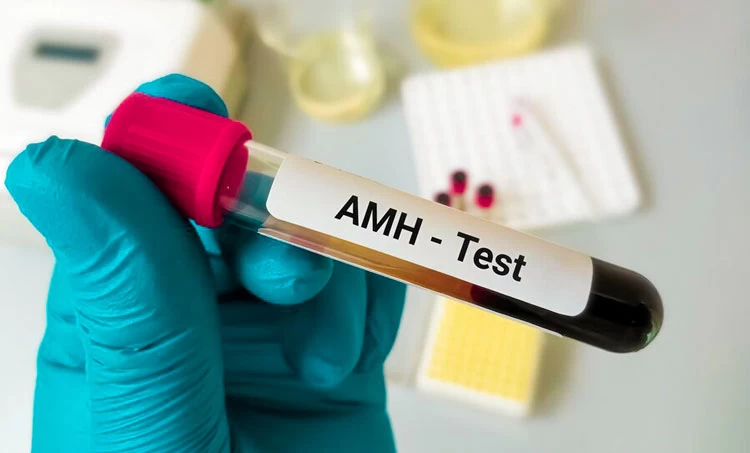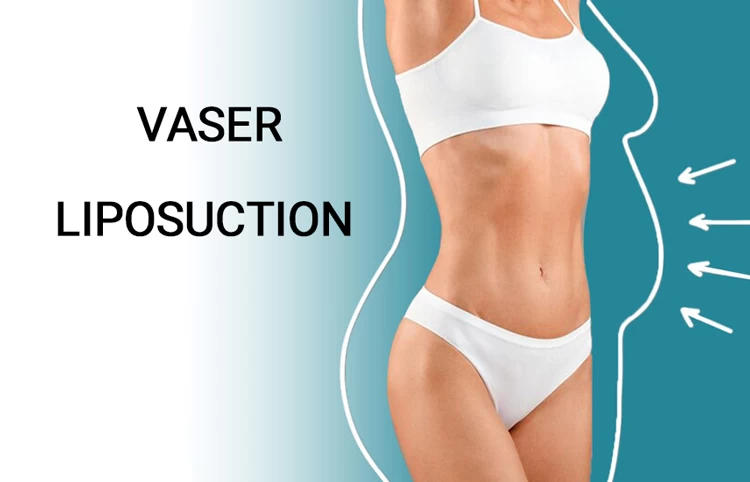You can control the growth of ovarian cysts by taking birth control pills, getting laparoscopy or laparotomy surgery, and using home remedies such as chamomile tea, ginger tea, apple cider, warm compress, etc. Also, avoiding canned foods and fatty dishes helps you eliminate ovarian cysts faster.
blog
Breast tissues and glands may get larger than normal due to hormonal imbalance or genetic factors. So, women of all ages can get breast reduction surgery to eliminate their pain and discomfort. Despite having no specific age, experienced doctors believe that the best age range for breast reduction surgery is 18 to 65.
Nose infection after rhinoplasty can be life-threatening, so you should be aware of its signs and symptoms, such as redness around the nose, green discharge coming from the wounds, high fever, elevated heat in the incision site, smelly pus, and frequent nosebleeds.
Some liposuction complications, like bruising, drowsiness, pain, seroma, and swelling, are temporary, but others may linger for more than six months. Chronic infection, damage to organs, blood clots, skin discoloration, numbness of the operated part, and damage to vessels and nerves are examples of the long-term side effects of liposuction.
Your breasts will be 1 to 3 cup sizes smaller after breast reduction surgery. 100 to 300 grams of fat and tissue are removed from your breasts during this operation. However, it would be best if you waited at least a year for the swelling to subside and see the actual size of your breasts.
People between the ages of 21 and 45 can get a tummy tuck to remove their extra fat, skin, and tissues. Based on the body's excess fat, the surgeon performs one of the common methods of abdominoplasty, including full, mini, extended, Fleur-De-Lis, endoscopic, or reverse tummy tuck.
Ovarian follicles secrete anti-müllerian hormone during the childbearing age. An AMH test, therefore, is used to estimate the number of remaining eggs in the ovaries. The AMH test normal range for women under 35 is typically 1.5 to 4 ng/mL. The lower the level of this hormone in the blood, the lower her chance of natural pregnancy.
VASER liposuction removes fat pockets from the abdomen, buttocks, thighs, arms, neck, and chest. In this operation, the surgeon melts the fat walls with an ultrasound wave and then extracts the fat cells with a suction device. Although Vaser lipo is minimally invasive and has a short recovery time, it may cause prolonged swelling, infection, skin discoloration, and persistent numbness in the operated area.
After liposuction, have lean protein to reduce your swelling, fiber-containing food to prevent constipation, fresh fruit and vegetables from helping your skin get rid of scars, minerals to boost your immune system, and plenty of fluid to have more elastic skin.
Iran is a better destination for having a nose job than nearby countries as it has a long history in plastic surgery, advanced hospitals, experienced surgeons, and cost-effective options for this operation. The price of rhinoplasty in Iran is almost $1.000 lower than in Turkey, while the quality and outcome of this surgery are the same in both countries.
![How to Treat Ovarian Cyst? [Medications + Natural Remedies]](https://hws.raadinahealth.com/images/user_upload/blog/kist-tokhmdan/kist_tokhmdan1_1641136457_main.webp)








